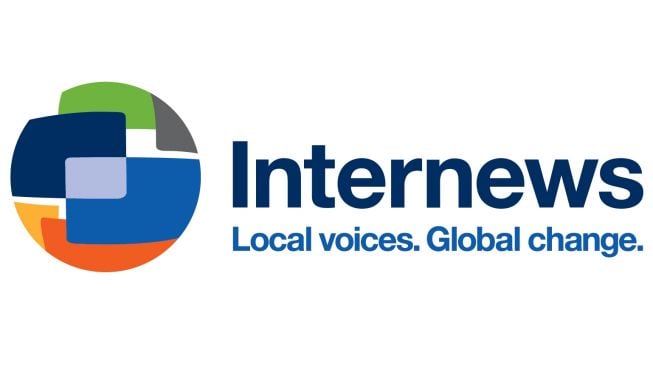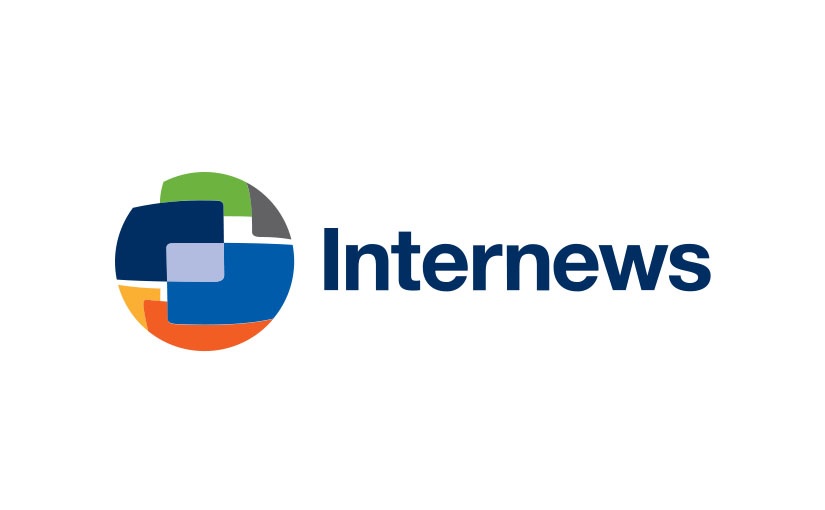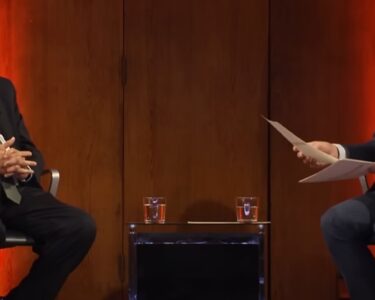Revelations about Internews and its Alleged Censorship Role: A Deep Dive into US Funding and Global Media Influence
In recent weeks, WikiLeaks has made a startling revelation about the global media non-governmental organization (NGO) Internews Network, which operates in over 100 countries, including Sri Lanka. According to leaked documents, nearly half a billion dollars ($472.6 million) have been allegedly funneled through the organization by the United States government, primarily via USAID, raising serious questions about media control, censorship, and transparency.

Internews’s Operations and Mission
Internews claims to be a proponent of free and independent media, working with local communities to provide trustworthy news and information. They support independent media outlets in over 100 countries, from radio stations in refugee camps to hyper-local news sources. In Sri Lanka, as in many other countries, they have provided training to journalists and activists, helping to ensure that vital, local information reaches communities.
Internews’s mission statement emphasizes the importance of fostering media sustainability and protecting digital rights. The organization also states that it works with local media partners to reach millions of people, helping to improve livelihoods and hold institutions accountable. But recent leaks suggest that there may be more behind their operations than a commitment to freedom of expression.
Allegations of Covert Censorship and Media Control
WikiLeaks has raised alarming concerns about Internews’s operations, citing the significant amount of funding it receives from the United States government, especially USAID, which contributed $415 million in the past 17 years. Additionally, reports indicate that Internews has received another $57 million from the US Department of State.
Internews, led by Jeanne Bourgault, a vocal advocate for censorship of “disinformation,” has been linked to social media censorship initiatives. In fact, Bourgault has been vocal about the need for “exclusion lists” to block content deemed problematic or harmful, especially in relation to what she deems “disinformation.” Critics, however, argue that this kind of content control is subjective and arbitrary, which raises concerns about who decides what constitutes disinformation and whether such control is aimed at curbing dissent.
Adding fuel to the fire, it has been revealed that key figures from Internews, such as Reddit Liesi Anna Soellner, also hold positions of influence in major social media platforms, including Reddit’s Vice President of Communications. This dual role has led to suspicions about the organization’s involvement in social media censorship, particularly regarding what content should be silenced or promoted.
Internews’s Ties to George Soros and Global Influences
Internews has also been linked to George Soros’s Open Society Foundations, a relationship that dates back to the 1990s when the organization helped establish the Balkan Media Network during the Siege of Sarajevo. This partnership has raised eyebrows, especially as Soros is a well-known figure with significant influence on global politics, particularly in terms of promoting democracy and intervening in the affairs of sovereign states.
Additionally, critics point to the organization’s financial opacity, including its subsidiaries in offshore centers like the Cayman Islands, which raises questions about the true nature of its funding sources and intentions.

Concerns over US Government Influence and the “State Propaganda” Allegation
One of the most significant concerns raised by these revelations is the allegation that Internews is essentially operating as a “state propaganda network” on behalf of the US government. The organization has received massive funding from USAID, and its ties to government entities are seen by critics as a form of subtle censorship and media manipulation. By controlling vast amounts of media content and guiding local media organizations, the US is accused of pushing its own narrative globally, especially in countries like Sri Lanka, where media freedom is already fragile.
The US government, under President Donald Trump, froze a significant portion of USAID’s budget, citing concerns that some initiatives may not align with American interests and could destabilize global peace. While the motivations behind this freeze are debated, it has led to questions about how much influence foreign governments should exert over media outlets in sovereign nations.
Sri Lanka’s Role in This Global Debate
For Sri Lankans, the revelations about Internews have particular relevance. The country, which has faced its own struggles with media freedom and the role of international organizations in local media, must carefully consider the broader implications of these findings. As Sri Lanka continues to navigate its post-civil war recovery and aims to strengthen its democratic institutions, the role of foreign-funded organizations like Internews cannot be overlooked.
The influence of international NGOs in shaping public opinion, determining what information is disseminated, and even influencing political discourse is an issue that deserves more attention. The concerns about censorship and media control raised by WikiLeaks about Internews suggest that, while their intentions may appear noble, the reality could be more complex. For Sri Lankans, understanding these global forces and their potential impact on local media is crucial for ensuring that the nation’s media landscape remains independent and free from outside manipulation.







